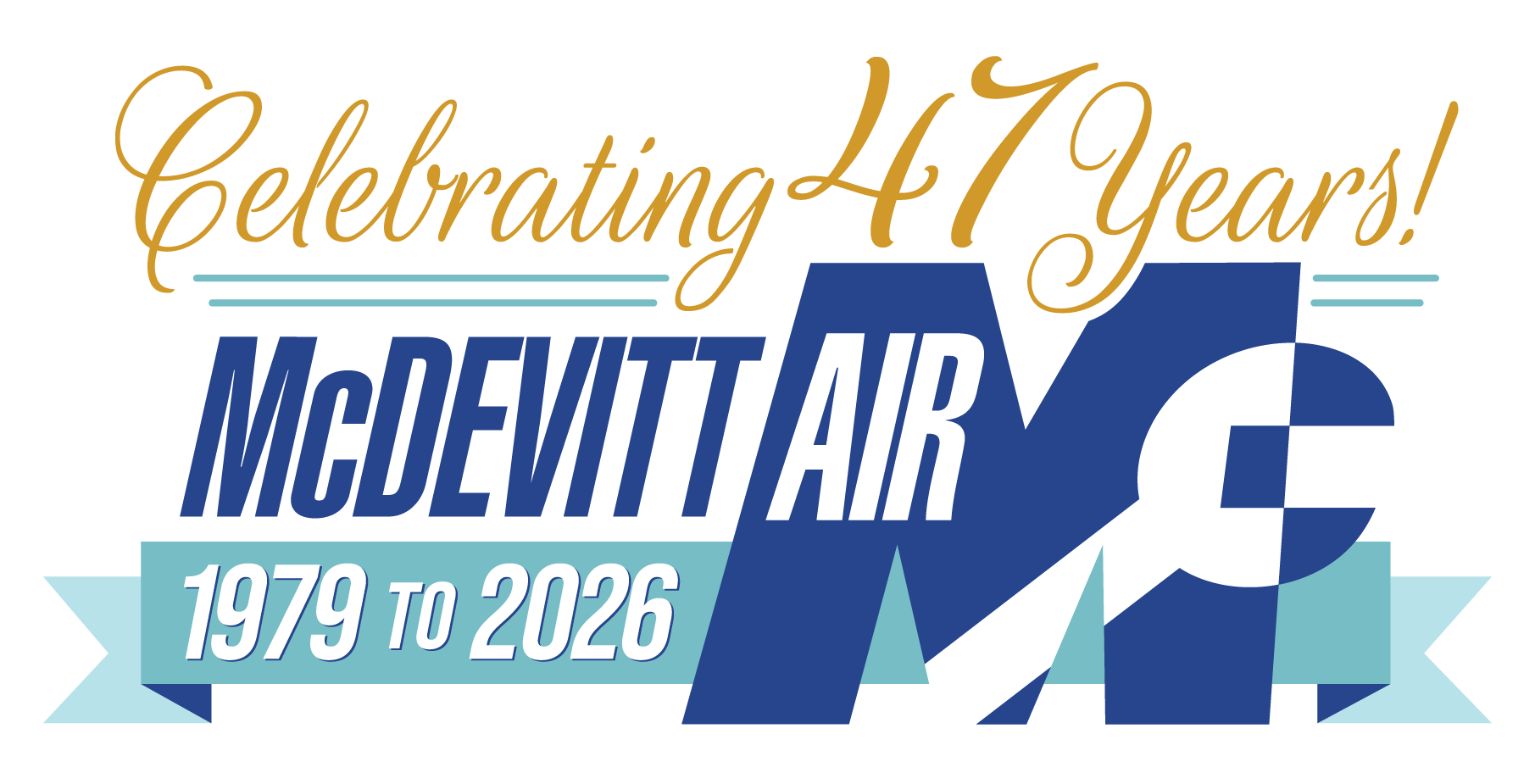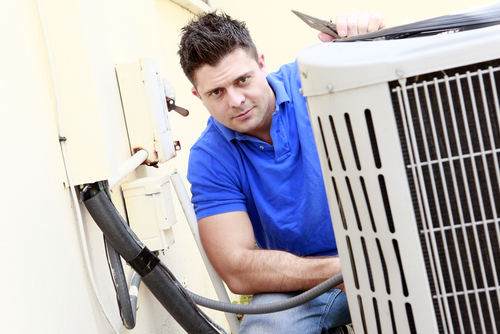The Georgia cooling season is long and hot, and once an aging air conditioner reaches a certain point, it just won’t cool adequately or efficiently. If it’s time for you to say goodbye to your old cooling system, don’t wait until next year to replace it. Installing a new central A/C is best done in the fall, when HVAC companies are winding down after the summer rush and the fall maintenance season is still weeks away. This is the time when you’re most likely to get a good deal on a new central A/C system, possibly saving hundreds of dollars on purchase and installation.
Before you compare the various deals offered by contractors and looking for your new system, consider a few factors that will make your search easier and ensure you get the right system. After all, this is a major investment that you’ll rely upon for your comfort for the next 10-15 years.
Choosing a Contractor
Installing a new central A/C is a big undertaking. Hiring a reputable contractor with NATE-certified technicians is critical for the proper installation of the new system and will ensure the air conditioner operates at top efficiency. (NATE stands for North American Technician Excellence.) A reputable contractor won’t sell you a sub-par system from a second-rate manufacturer, and they will guarantee all of the work they perform. Additionally, having your new air conditioner installed by an unlicensed and unauthorized technician may void the manufacturer’s warranty.
- Make sure the contractor is a factory authorized dealer. Most reputable contractors are Carrier Factory Authorized Dealers, which means they consistently surpass industry standards in service, skill and products.
- Make sure the technicians hired by the contractor have been certified by NATE, which requires ongoing best-practices training in the latest technologies and procedures, ensuring your technician is knowledgeable and skilled at installing all types of systems, including high-efficiency models.
Size Matters
Your contractor should use the ACCA’s Manual J to determine the proper size air conditioner you need, based on factors including the size and layout of your home, the amount of wall and attic insulation, air leakage, and the position of your house in relation to the sun. A reputable contractor will never “eyeball” you home to determine the size system you need. An oversized air conditioner will cost more, operate less efficiently, wear out faster, and won’t keep you as comfortable as a properly sized system.
Replace the Ducts?
Before installing a new central A/C, the contractor will also inspect your ductwork to determine whether it’s properly sized for the new system, and whether it’s in good enough shape to ensure maximum efficiency of the new equipment. No matter how efficient your new system, leaky, damaged or improperly sized ducts will prevent it from operating at its full potential.
Efficiency
High-efficiency systems cost more than standard models, but the energy savings pay for the system over time. Air conditioners are rated for efficiency using SEER, the seasonal energy efficiency ratio. Older systems have a SEER of around 6, while new systems are required to have a SEER of at least 13. High-efficiency systems that have earned the Energy Star logo may have a SEER of 16 and above. To get an idea of how SEER ratings work, a SEER 13 is 30 percent more efficient than a SEER of 10 system.
Features
New technologies are always being developed to increase comfort and efficiency. Some of these features include:
- A variable speed air handler. The fan on a traditional air handler or blower motor pushes the same amount of air through the home whether it’s 40 degrees outside or 100 degrees. A variable speed air handler or blower motor adjusts the amount of air moving through the system based on the real-time cooling and heating needs of the home for higher efficiency and more comfort. The usual speed is low and continuous, providing superior air circulation, filtration and dehumidification.
- A “fan-only” switch lets you turn off the cooling system while still circulating air to improve indoor air quality and prevent stale, stagnant air.
- An “auto-delay” switch allows the fan to turn off a few minutes after the compressor stops, which ensures that all of the cooled air it has produced will end up in your rooms.
- A thermal expansion valve meters the amount of refrigerant that flows through the evaporator based on actual cooling needs, saving energy while maintaining a high level of comfort.
For more expert tips on purchasing and installing a new central A/C, please feel free to contact us in the Savannah or Pooler area at McDevitt Air.
Image Provided by Shutterstock.com


